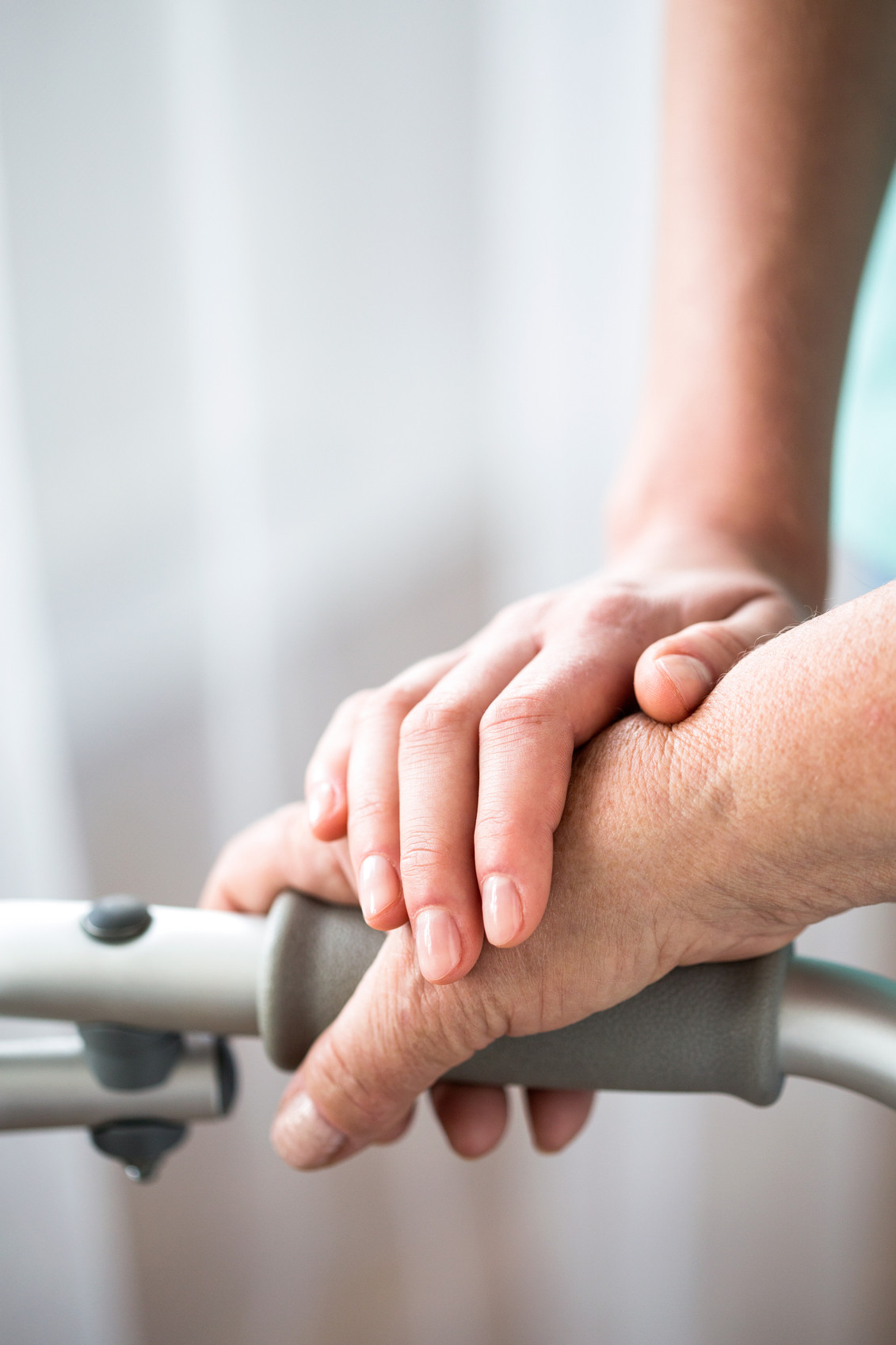Harvard Health Blog
The (not-so-hidden) costs of caregiving

Family caregiving is a huge topic nowadays. With over 75 million "baby boomers" poised to become the largest generation in American history to require such caregiving, how can it not be? Already, family members — people like you and me — provide $642 billion worth of unpaid care for our spouses, parents, and relatives each year. But what is the price we pay in terms of our personal well-being, physical and otherwise?
While caregiving has been shown to have benefits — it helps to build character, enrich one's soul, and even ward off cognitive decline —its burdens can be just as significant, if not more so, as demonstrated by a new study published in a recent issue of The New England Journal of Medicine.
Realities of caregiving
Researchers at the University of Toronto followed a group of 280 caregivers of critically ill family members who had received seven or more days of mechanical ventilation ("breathing machine") in the ICU for 12 months. The goal was to assess the impact of caregiving on the caregivers' well-being and quality of life. The average age of caregivers in the study was 53; 70% of the caregivers were women, and 61% were caring for their spouse. Here's what the study found:
- More than half of caregivers had high levels of depression (67% were depressed at the start of the study, and 43% were depressed after one year of follow-up).
- The depression decreased somewhat with time in 84% of the caregivers, but did not in 16%.
- Caregivers who were younger, who had to give up regular activities for caregiving, and who had lost a sense of control over their lives tended to be worse off than the rest.
Notably, older caregivers were better off health-wise than younger caregivers, perhaps because they had more free time and faced fewer work-related pressures. Those who fared better also had higher income — so were likely able to afford more paid help and to take more time off work — and had better support from family, friends, and community.
One of the study's most important findings is that caregivers of critically ill family members may still be at risk for clinical depression for months, if not years, after the crisis is over — and that this risk is higher for these caregivers than for most of us, including those who look after loved ones with chronic progressive illnesses such as Alzheimer's disease. The study also notes that there is currently a lack of resources for caregivers.
Statistical data can hardly convey the anguish that many caregivers of critically ill patients face day-to-day: the anger, sadness, frustration, and loneliness of it all. And yet these are the feelings one hears about most often in the consulting room. Spouses may feel cheated out of their golden years and harbor resentment. (One client described caring for her husband with brain damage to be "as close to hell as it can get.") Adult children can be in denial of a parent's condition and blame the caregiving parent for not doing the "right thing," or can sometimes expect the caregiver to be superhuman.
What caregivers can do to care for themselves
As medical science continues to make advances in prolonging the life span, more and more of us may find ourselves in the role of a family caregiver. The Toronto study reminds us that health crises may be unavoidable and that their effects can be profound. But there are strategies we can employ to mitigate their potential stresses and strains, such as:
- Not doing it all alone. Get as much support as you can. Schedule a regular walk with a walking partner. Find a support group. Let friends and neighbors help out with cooking and errands.
- Timely financial planning. Do not wait for a crisis to put your affairs in order.
- Talking with our loved ones about their goals and wishes for care while they are still in good health, and drawing up "advance directive" documents that put these wishes in writing.
- Last but not least, taking good care of ourselves, both physically and psychologically. Make sure you get enough sleep. Go to the gym. Take a yoga or meditation class.
As the Family Caregiver Alliance reminds us, when your needs are taken care of, the person you care for will benefit, too.
Disclaimer:
As a service to our readers, Harvard Health Publishing provides access to our library of archived content. Please note the date of last review or update on all articles.
No content on this site, regardless of date, should ever be used as a substitute for direct medical advice from your doctor or other qualified clinician.















